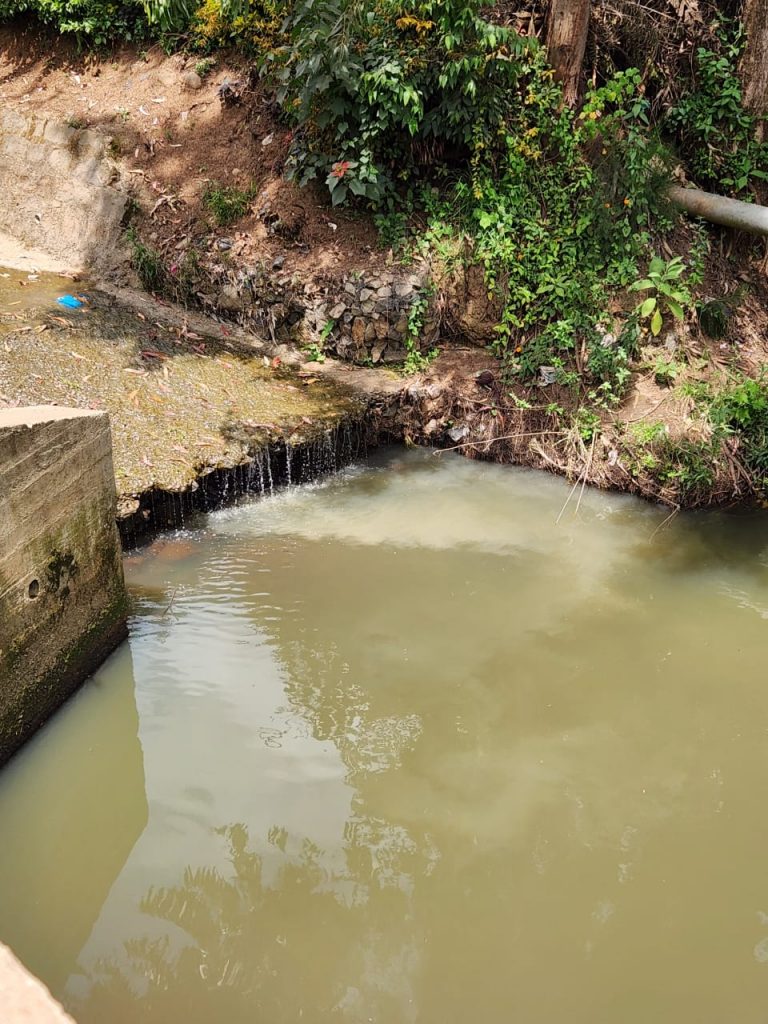Under the leadership of Hon. Godana Doyo, the team responded to a series of environmental degradation complaints lodged by residents of Baringo County. As part of the official engagement, the team paid a courtesy call to the County Commissioner, Mr. Stephen Sangolo, to deliberate on the issues raised. This was followed by a consultative stakeholders’ meeting aimed at addressing critical environmental concerns affecting the region.
Key stakeholders in attendance included representatives from the Baringo County Government, Ministry of Mining, National Irrigation Authority, Ministry of Health (Public Health Department), Ministry of Interior, and other relevant agencies.
The meeting focused on several pressing environmental issues, including:
- Rampant mining activities leading to environmental degradation, notably the discharge of effluent into River Waseges from ruby gemstone processing operations in Baringo South.
- Discharge of untreated wastewater into the open environment in Marigat Town.
- Illegal dumping of solid waste within Marigat Town.
- Poorly managed irrigation drainage systems in areas such as Block 4 and the L3 Extension irrigation schemes in Baringo South.
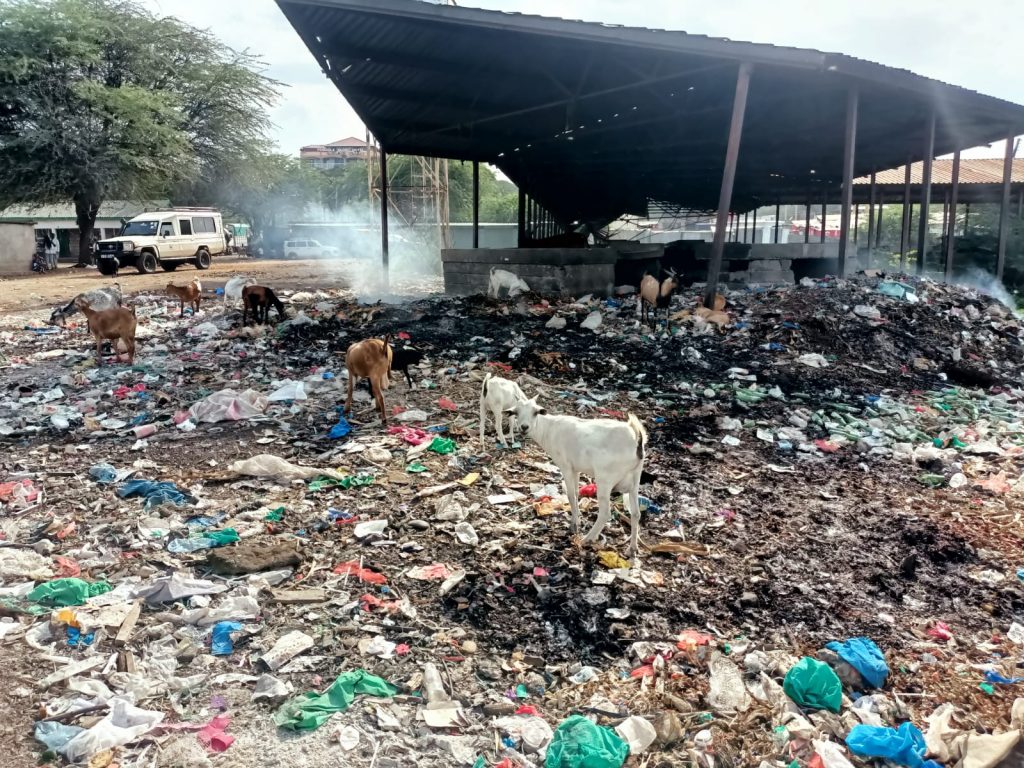
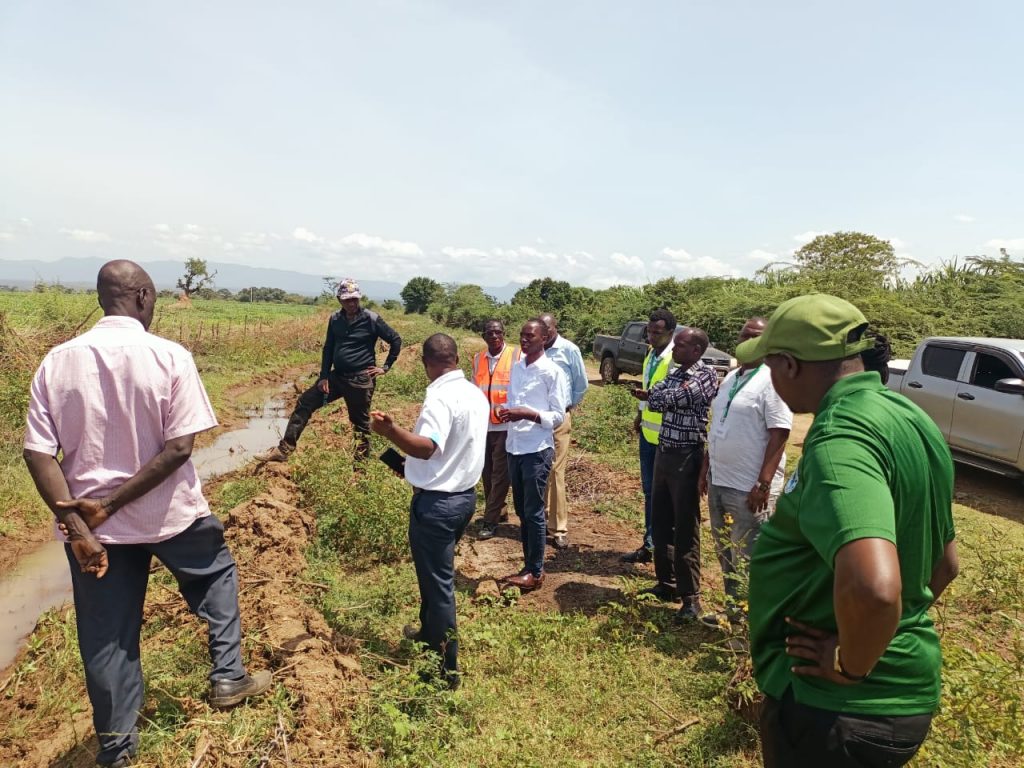
The team in Nyandarua County, led by Mr. Ernest Kioko, HSC, paid a courtesy call to the County Commissioner, Mr. Abdirisack Jaldesa, followed by a stakeholder engagement session.
The discussions focused on key environmental concerns raised by members of the public, including:
1. Environmental degradation resulting from the discharge of factory effluent by Solo Cream Company, located in Njabini.
2. Air pollution attributed to the excessive use of pesticides by cereal shops in Olkalau Town.
Following the deliberations, the team conducted a site visit to Jamaa Supermarket Cereal Store, where they engaged with the complainant, neighboring business owners, and representatives from Jamaa Supermarket to gather further information and perspectives on the issue.
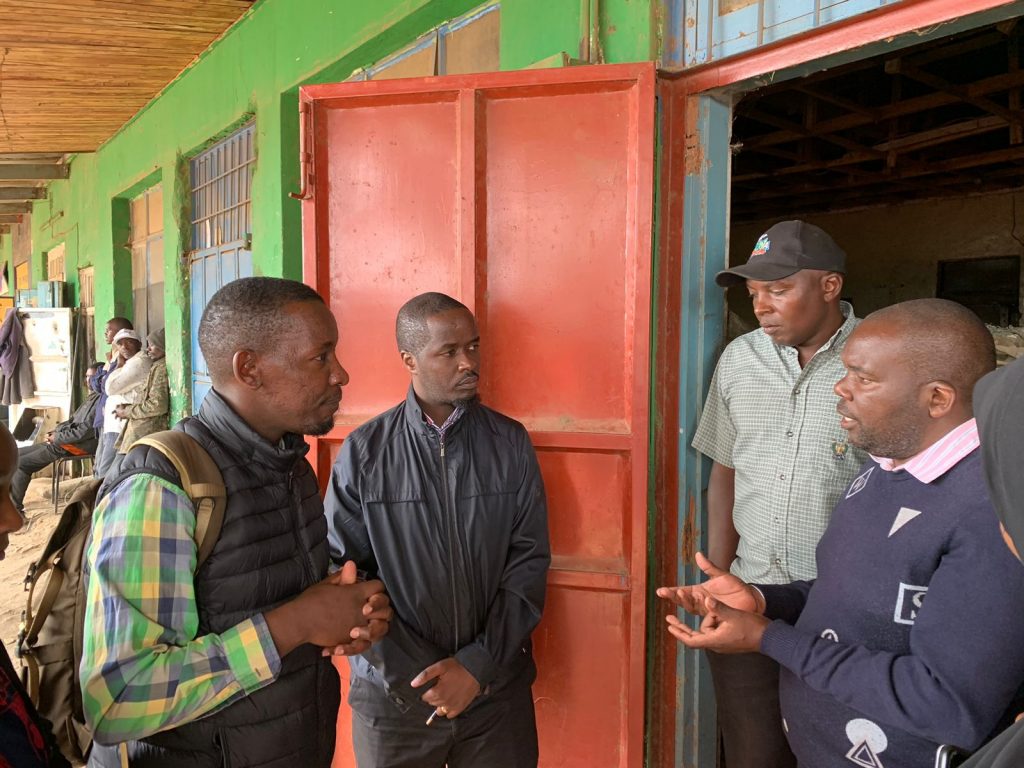
In the case of Solo Dairy, NEMA provided guidance on priority areas requiring urgent mitigation to address the effluent discharge issues.
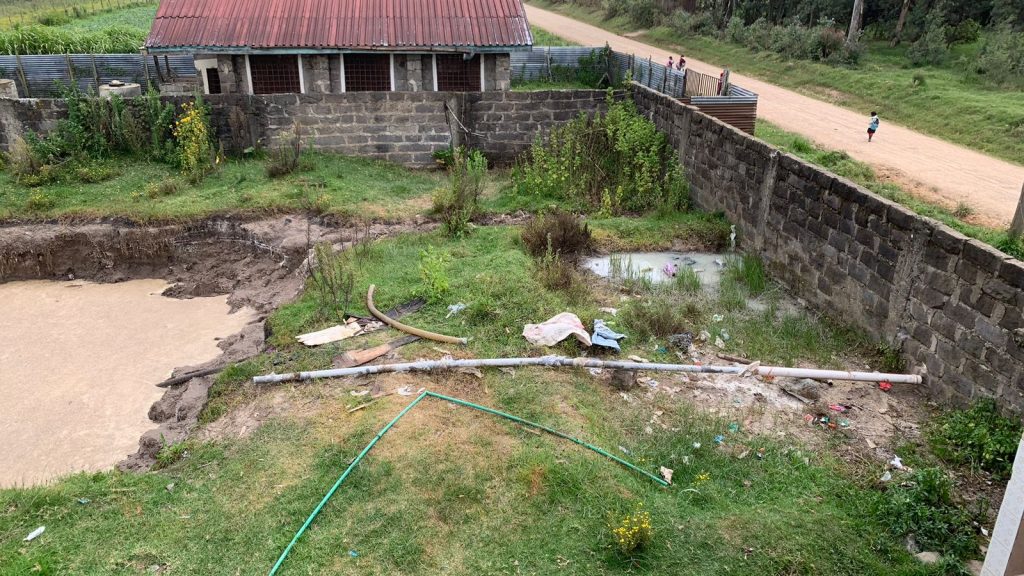
In Nakuru County, the team paid a courtesy call to Dr. Logford E. Kibaara, MBS, the County Commissioner of Nakuru, followed by a consultative meeting with key environmental stakeholders.
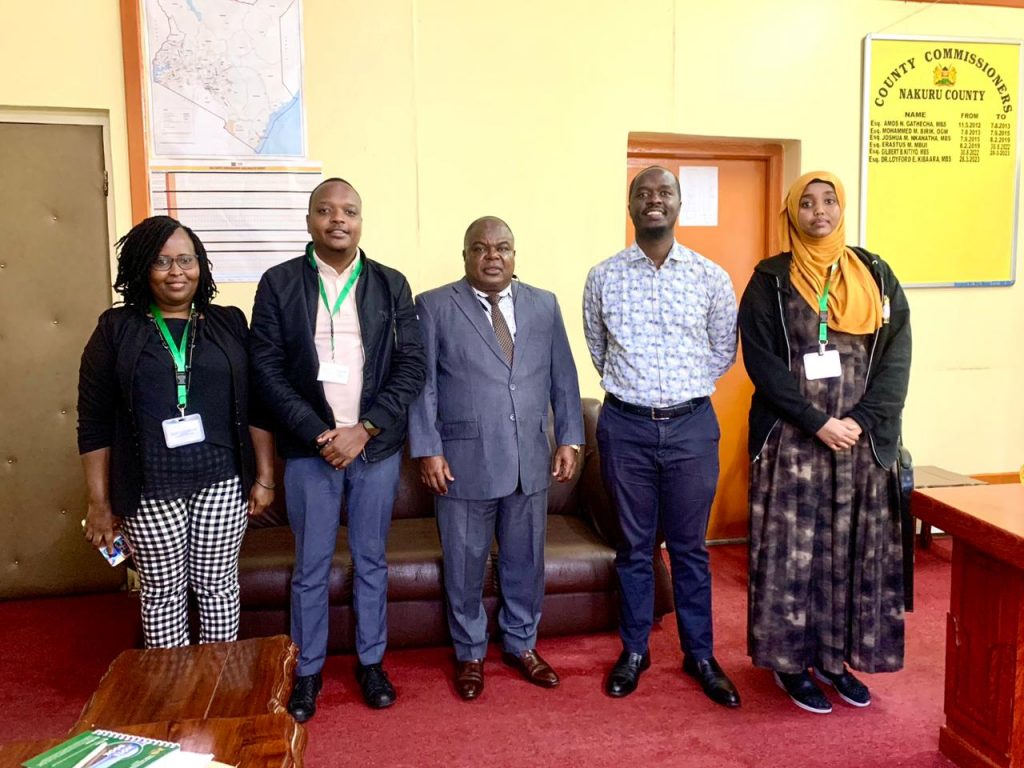
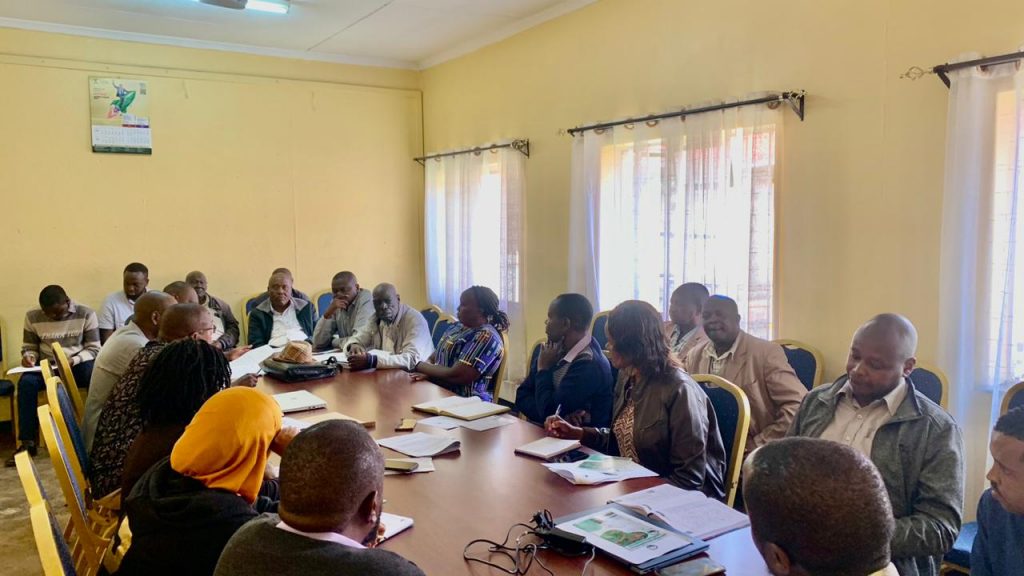
The discussions centered on the following matters:
1. A complaint regarding geothermal activities under Menengai Geothermal Project – Phase I (within the Menengai Caldera) and Phase II (on community and private lands).
2. Allegations of improper discharge of wastewater and poor manure management by KENBRID Farms in Naivasha.
3. A follow-up on persistent air pollution concerns attributed to Tywood Company.
During the meeting, the team engaged with representatives from the Menengai West Stakeholders Forum, led by their Chairman, Mr. Cornelius Nyamboki, EBS SS. The forum members articulated their concerns, emphasizing their firm position against the advancement of geothermal exploration in the area, citing its potential threat to local food security.
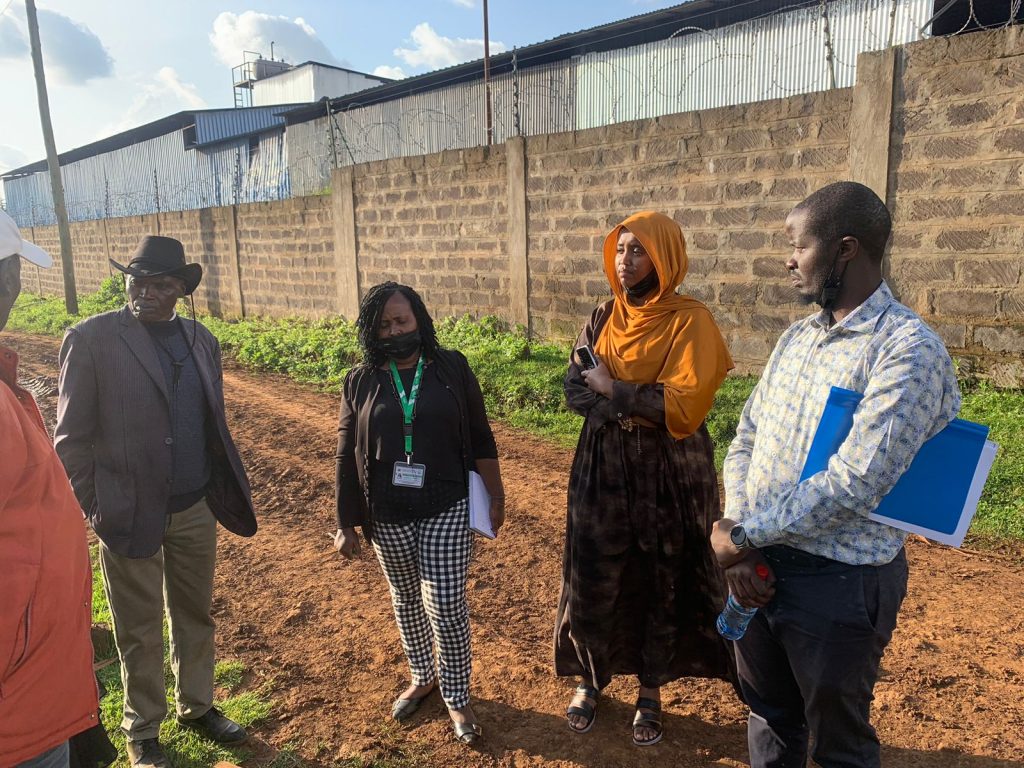
During the investigations, it was established that KENBRID Farms had been issued a 30-day improvement order by NEMA. The farm had since implemented several of the recommended corrective actions.
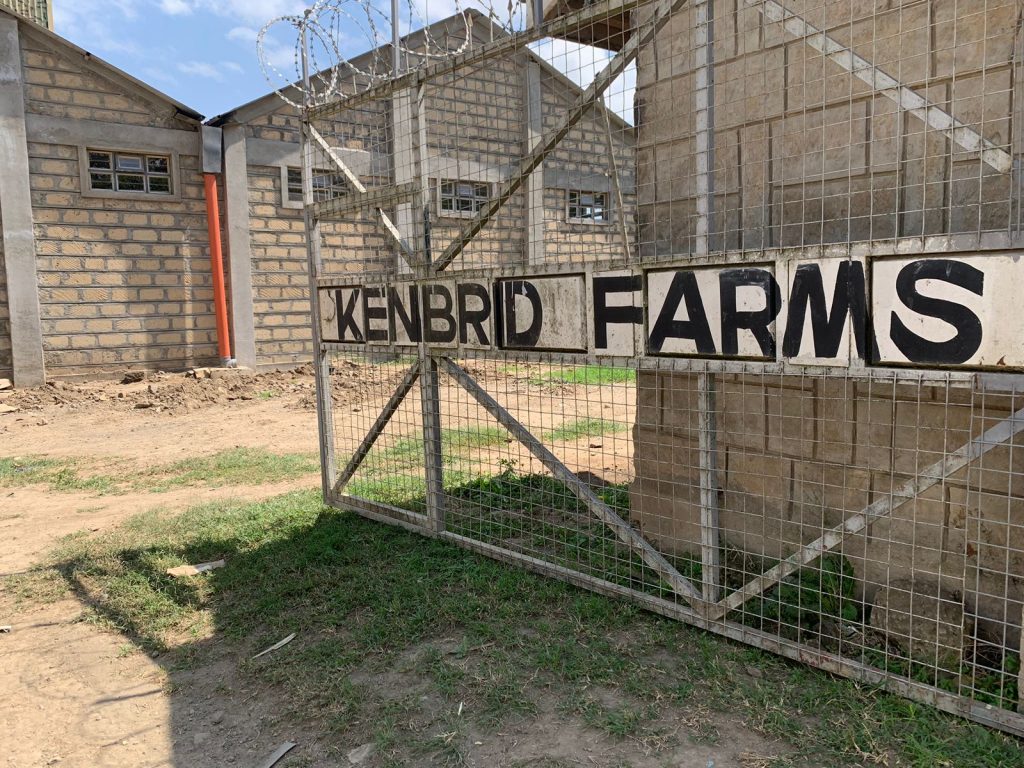
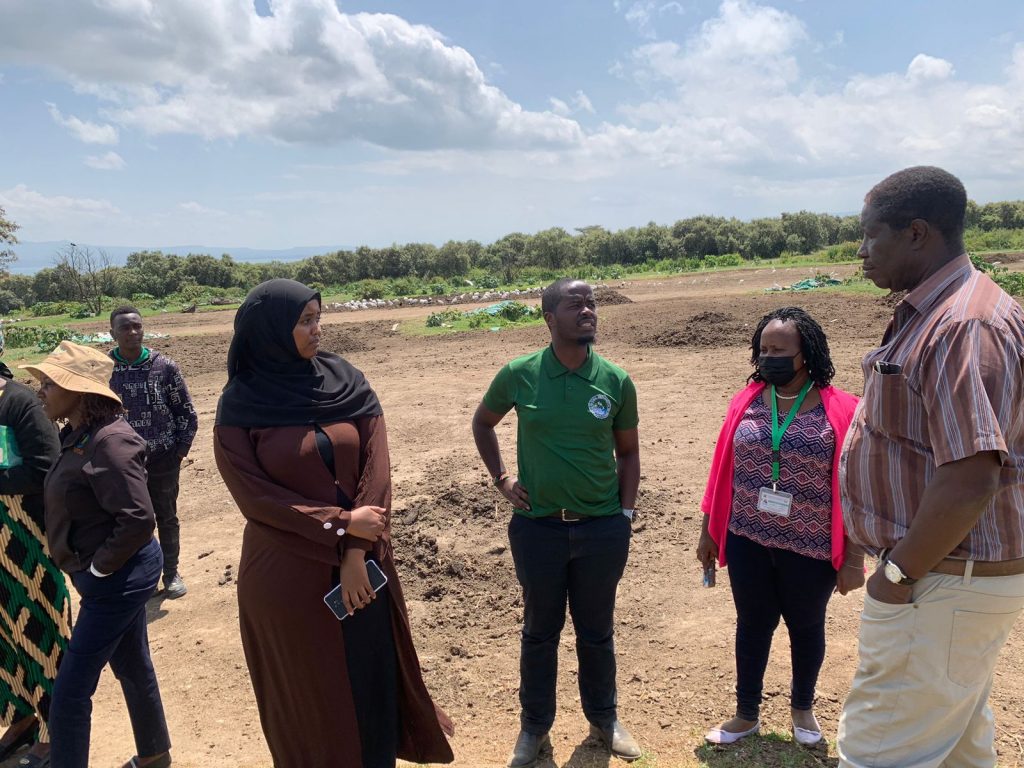
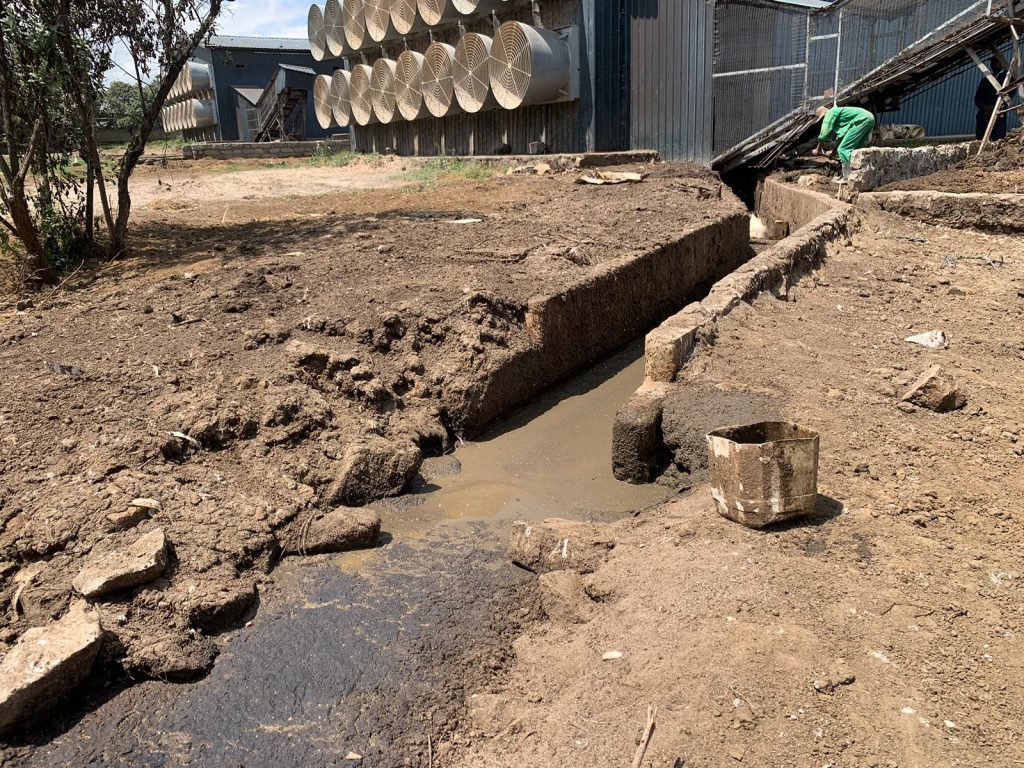
In Nyeri County, the team led by Eng. Stephen Muli paid a courtesy call to the County Commissioner as part of its official program.
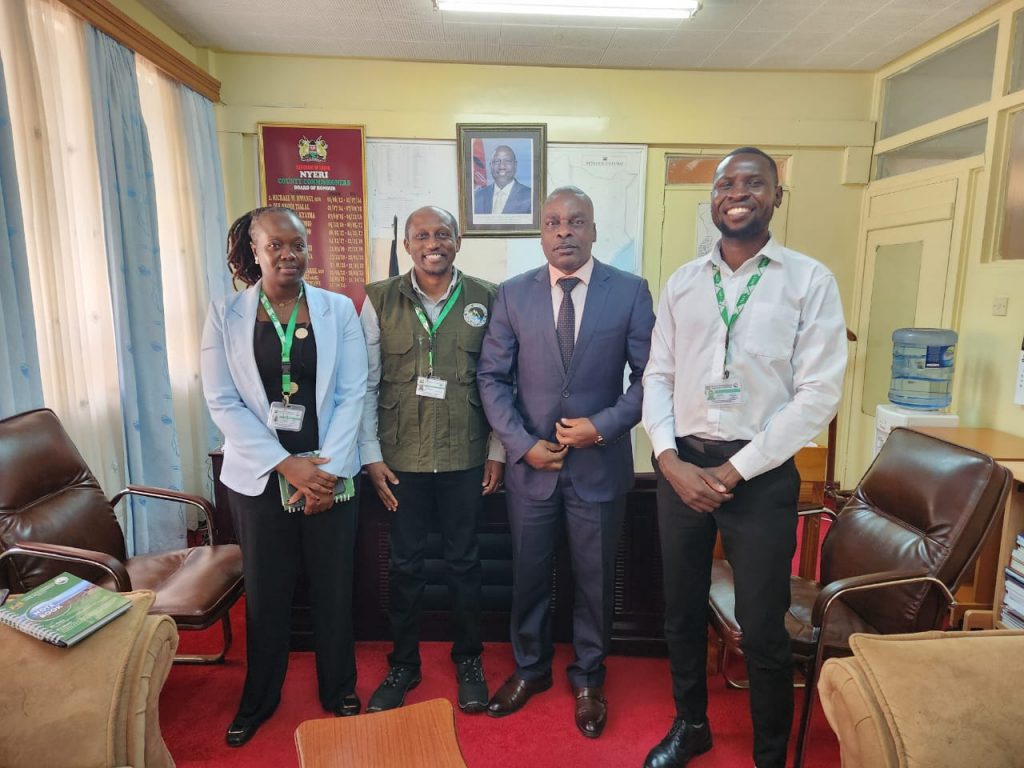
Subsequently, the team convened a stakeholders’ consultative meeting where discussions focused on key environmental issues, including:
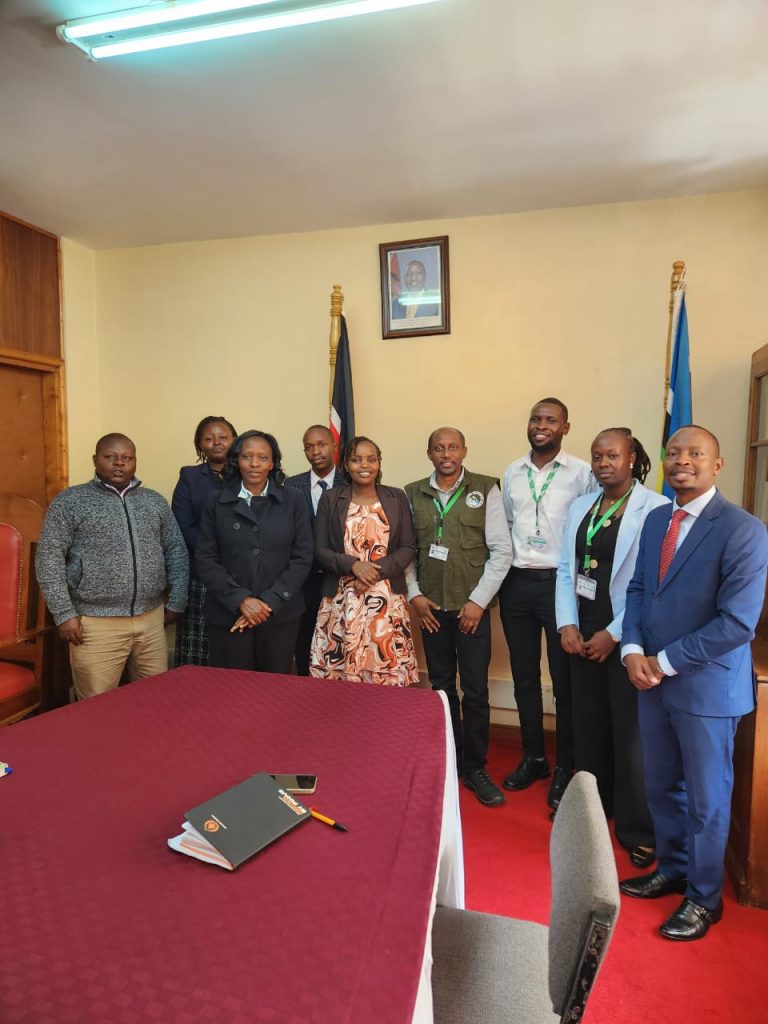
- Follow-up on the Gikeu Dumpsite (Othaya Constituency) – This site was previously investigated by the National Environmental Complaints Committee (NECC) in 2021, following complaints of solid waste accumulation originating from multiple towns, including Mukurwe-ini and Nyeri Town. Current findings indicate that the dumpsite is being properly managed. Ongoing improvements include the construction of a perimeter wall to enhance security and prevent access by unauthorized individuals.
Later, the team proceeded to Karatina Market to assess waste management practices following a complaint regarding poor solid waste disposal from the former open-air market area.
The field assessment concluded with a visit to the Karatina Dumpsite, where the team observed and evaluated the current methods of waste handling and management in the area.
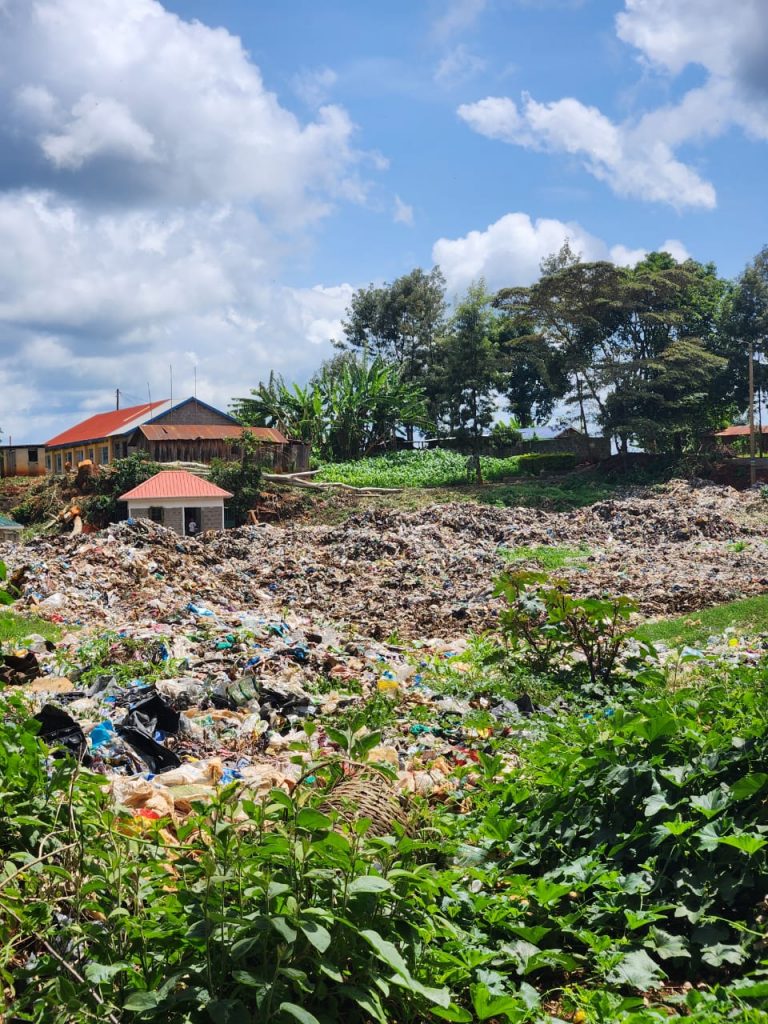
In Laikipia County, the team led by Eng. Stephen Muli paid a courtesy call to the County Commissioner as part of its ongoing environmental assessment activities.
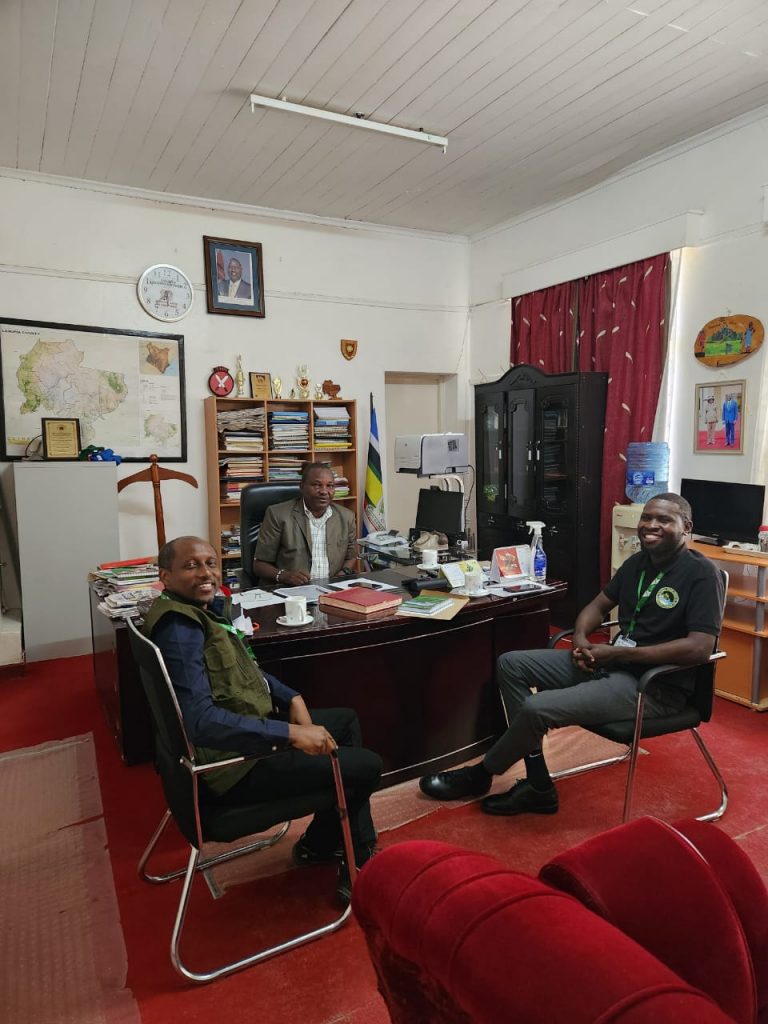
Following the courtesy call, the team convened a stakeholders’ consultative meeting to deliberate on several pressing environmental concerns affecting the County. Key issues discussed included:
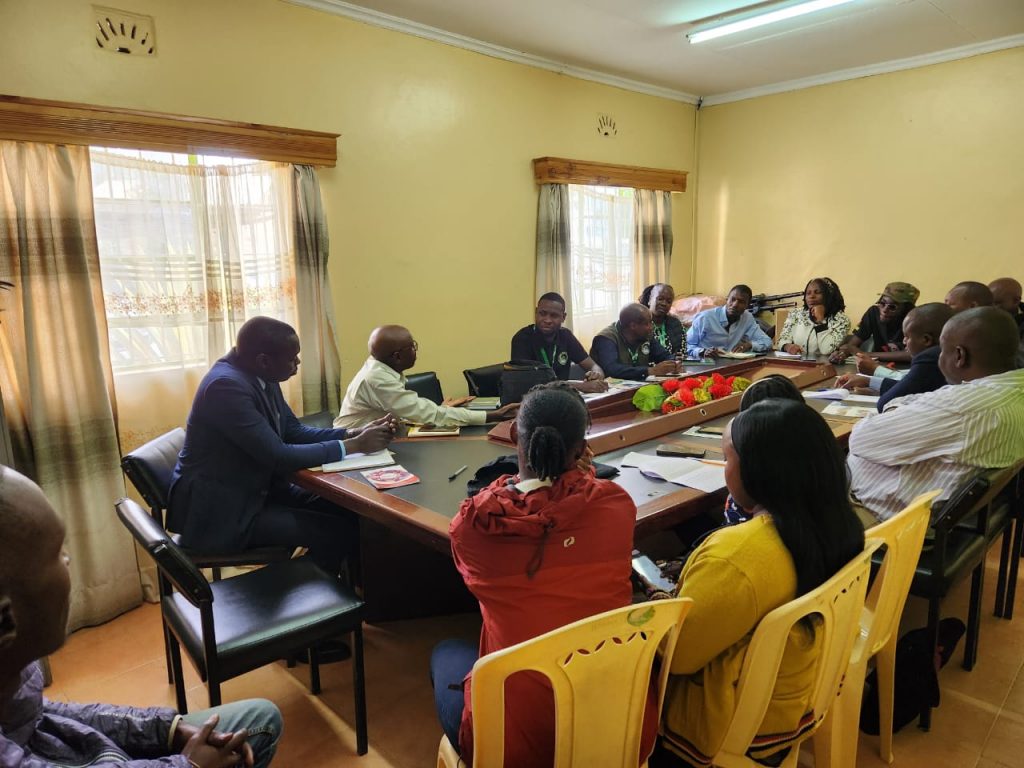
- Discharge of Raw Sewage into Stormwater Drains – The absence of a functional sewerage system has led to direct discharge of untreated wastewater from residential apartments and commercial establishments into stormwater drains. This polluted water eventually flows into River Nanyuki, a vital water source for both livestock and human use in the downstream areas of Northern Laikipia.
- Encroachment of Riparian Land – Individuals occupying riparian zones have contributed to further pollution by discharging raw sewage directly into the river, compounding the water quality issues.
- Car Wash Effluent Management – Many car wash operators in the area were found to be channeling untreated wastewater into open drains that lead into the river system.
- Call for Immediate Action – Human rights activists emphasized the urgency of addressing these long-standing issues, some of which have been reported as early as 2023, citing the health and environmental implications for local communities.
The team commenced its investigations at various sites in Nanyuki Town, where they confirmed the discharge of raw sewage into public waterways. The assessment extended downstream, revealing significant encroachment onto riparian land and continued pollution of River Nanyuki due to inadequate sewage management.
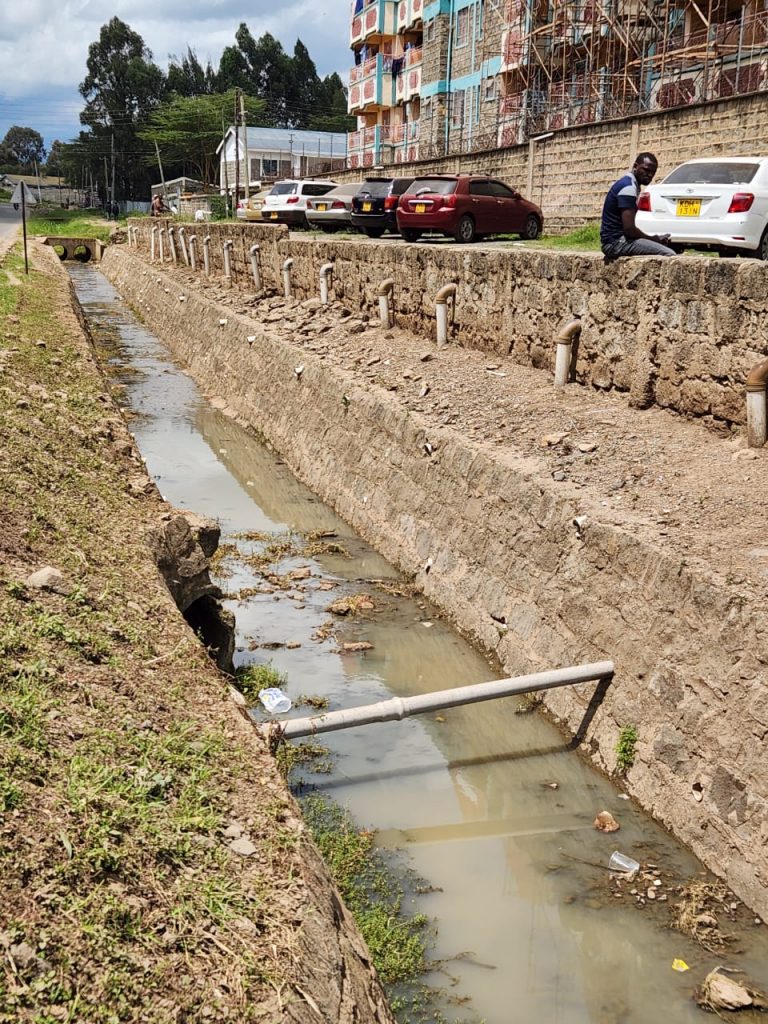
The site visit concluded at a location where a hotel and several apartment blocks were observed emitting raw sewage into roadside gutters, resulting in a persistent foul stench and posing a serious public health hazard.
